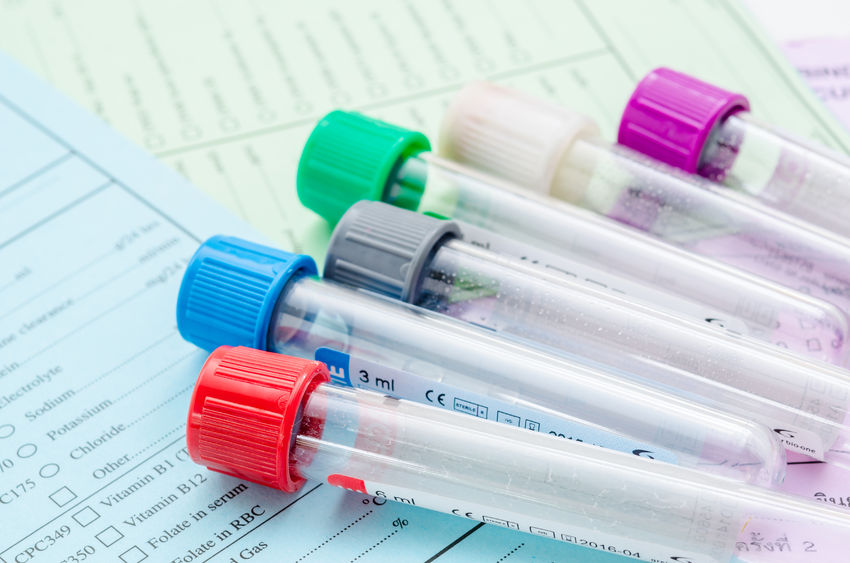
Alpha 1 Antitrypsin Nephelometry Blood
What is this test?
Alpha 1 Antitrypsin Nephelometry blood test is done to diagnose enzyme deficiency and to evaluate the risk of individual developing hereditary lung diseases like chronic obstructive lung disease(COPD). The concentration of the alpha 1 antitrypsin enzyme is estimated by specialized laboratory techniques using a sample of blood collected from the individual.
What is Alpha 1 Antitrypsin?
Alpha 1 antitrypsin is a protease inhibitor enzyme found in the blood plasma. The enzyme inhibits trypsin, elastin and other proteases in blood plasma from damaging the organs and tissue spaces like liver, lungs etc. Absence or decrease in the amount of alpha 1 antitrypsin enzyme in the body can lead to the damage of the tissue or tissue spaces. This enzyme is also useful in detecting intestinal damage as it is resistant to digestive enzymes. Identifying and measuring the amount of alpha 1 antitrypsin from various samples can be used to diagnose protein loss associated with organ damage.
Why is this test recommended?
This test is recommended by the doctor to find out any damage to the organs like liver, lungs, intestines like malabsorption of nutrients, fatigue, flatulence. diarrhoea, gastric pain, heartburn, abdominal pain, breathing difficulty, etc.
This test is also recommended by the doctor during diseases or conditions like neonatal hepatitis, emphysema, inflammatory liver diseases, chronic obstructive lung diseases, etc.
Also known as Alpha 1 Antitrypsin Nephelometry.
Test Preparation
Inform your doctor if you are on any medications, have any allergies or underlying medical conditions before your Alpha 1 Antitrypsin Nephelometry Blood. Your doctor will give specific instructions depending on your condition on how to prepare for Alpha 1 Antitrypsin Nephelometry Blood.
No specific test preparations are required for this test.
Understanding your test results
The test results may be different depending on gender, age, health conditions, and other factors.
If your test results are lower than the normal reference range it may indicate enzyme deficiency, risk of early lung diseases, cancers etc. Serum levels of this enzyme are also found to be increased during the use of oral contraceptives, surgeries etc.
| Gender | Age groups | Value |
| MALE | All age groups | 109 - 261 mg/dl |
| FEMALE | All age groups | 109 - 261 mg/dl |

